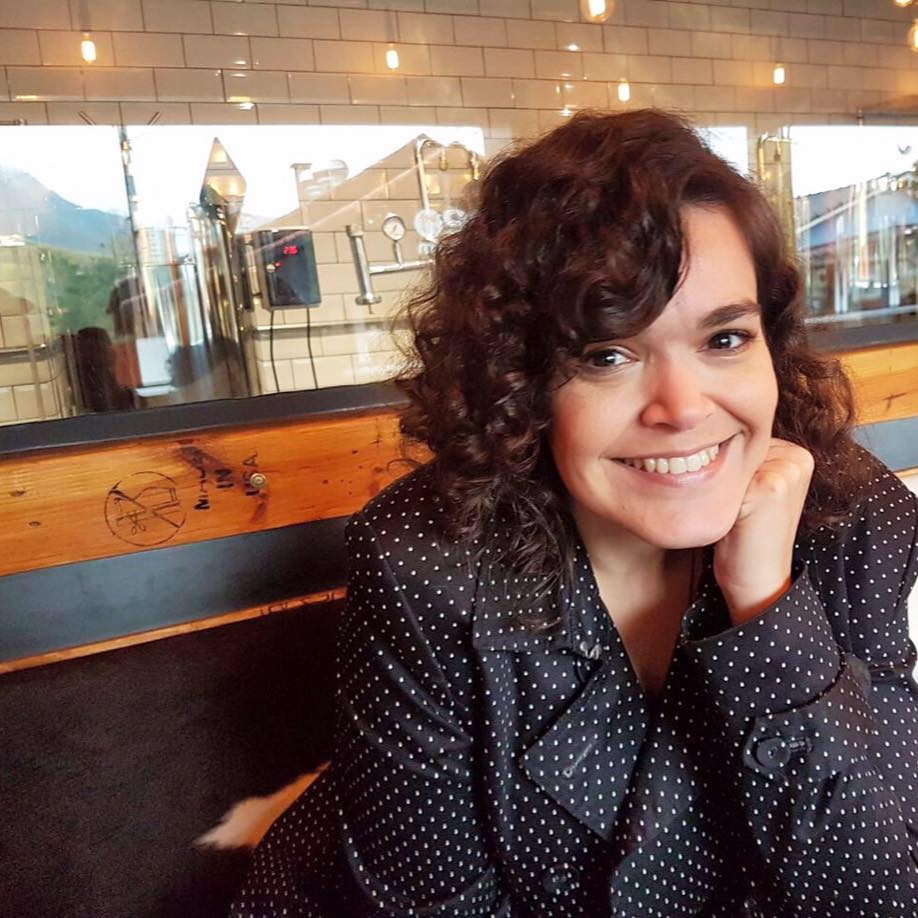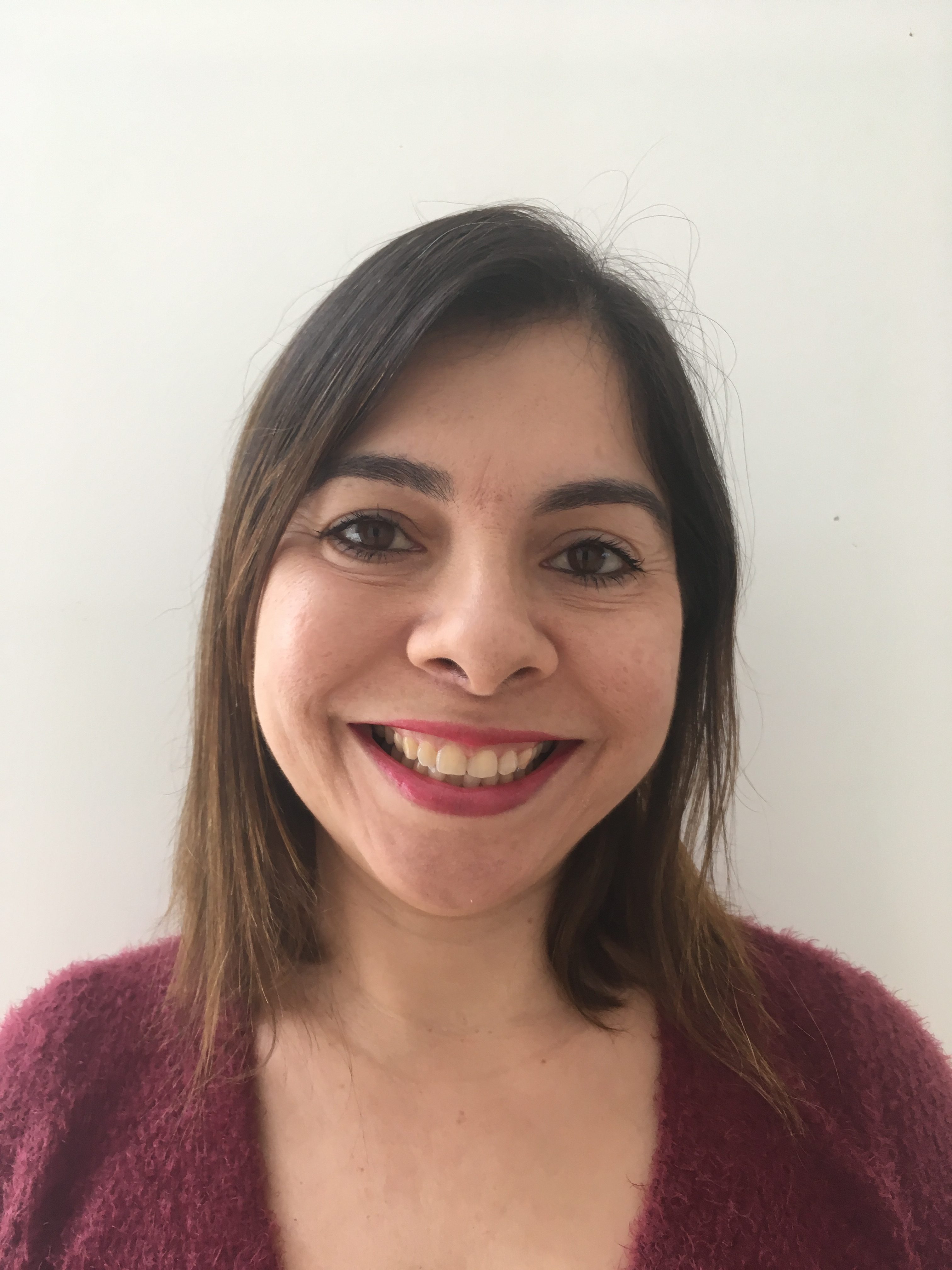Letras or CELTA?
A question that is posed time and time again is whether teachers should take a BA in languages, known here in Brazil as Letras, or take the CELTA. I wish there was a simple answer to this question, but truth is: it’s complicated.
Some would say that taking a Letras course is the way to be or become a teacher. After all, you wouldn’t expect a doctor to take a four-month course and then hold a license, or for someone to take an intensive, one-month course and then be a full-fledged attorney. Others defend the CELTA and its highly practical approach. There is teaching practice, and there is feedback from both tutors and peers, and one may not get this in a Letras course. It seems rather simple then, doesn’t it, the answer straightforward? If you are looking for something more on the theoretical side, go for Letras, whereas if you want something more practical, take the CELTA. Only that’s when it becomes complicated.
Unlike the CELTA, Letras courses in Brazil are not standardized. While our Ministry of Education (MEC) does have rules and regulations which every institution should comply with, language skills/requirements fall into more of a gray area. Some universities will demand students to have at least a B1 level of English (intermediate) in order to take Letras. Other will accept students with no knowledge of the language at all and start teaching A1. I’ve even heard of universities that use well-known materials in their courses, materials that many of us teachers use at language institutes. Strictly speaking, a person taking a degree in Letras might be taught with the same materials as an average student. I hope we can all agree that when someone decides that they are going to be a teacher, they are not and should not be treated as an average student. Both instruction and materials must be differentiated because, after all, the end goals are rather different.
I consider myself a very privileged teacher. In 2007, I finished my degree at the Federal University of Rio de Janeiro. I began my studies during the first Lula government, and compared to nowadays, federal universities received a lot of investment back then. The moment we applied for the program, it was made clear that students had to be fluent in English because many courses would be entirely in English. I had classmates whose English was very good, others who were not so good, but good enough to get by and who, given the opportunity, could certainly improve in 4 years. I received a teaching scholarship at the end of my third semester and it continued until the end of my degree. Part of my income, then, came from teaching people from the community under supervision and while developing research. I certainly would not be the professional I am today if I hadn’t taken Letras.
A good Letras course will not only make you delve into the English language, but also provide you with literature and linguistics. It cannot be compared to the CELTA course.
At this point, you might have realized that I am a Letras supporter. However, I am a CELTA supporter as well, and I think there is a place for it in our field. I greatly encourage novices and those who did not have any formal training and feel insecure to take the CELTA.
The truth is every Letras course is different because every university is different. The Letras course that I took more than 10 years ago does not exist anymore. I am sure there are others just as good, while I am also sure there are some that are not nearly as good as it.
It seems to be common in our industry to have teachers who come from other fields and realize they need to study more in order to be more or better equipped to teach. My utmost respect goes to everyone who wants to study and get better, and I certainly do not think that a teacher who has done Letras is necessarily better than one who has done CELTA. I wholeheartedly agree with Richards and Farrel (2011:168) that “becoming an English language teacher means becoming part of a worldwide community of professionals with shared goals, values, discourse, and practices but one with a self-critical view of its own practices and a commitment to a transformative approach to its own role.” Each teacher comes from a different path, and I dare say that is what makes our community so rich and welcoming.
References:
Richards, J.C., Farrel, T.S.C. (2001) Practice teaching – a reflective approach. CUP




